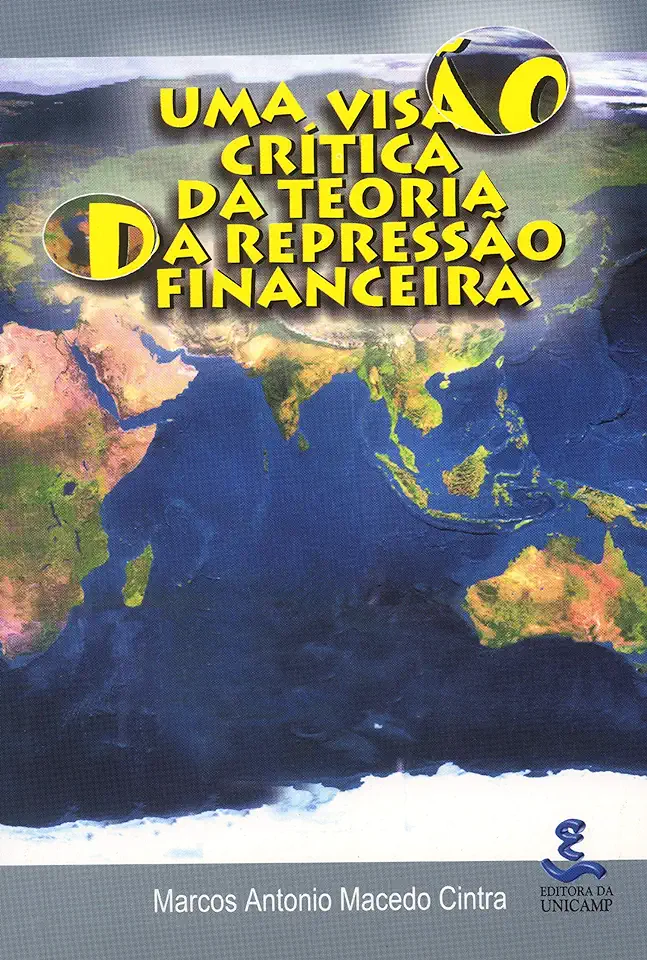
A Critical View of the Financial Repression Theory - Marcos Antonio Macedo Cintra
A Critical View of the Financial Repression Theory
Introduction
In his book "A Critical View of the Financial Repression Theory", Marcos Antonio Macedo Cintra presents a comprehensive analysis of the financial repression theory, a prominent explanation for the high interest rates and low economic growth experienced by many developing countries in the 1960s and 1970s. Cintra argues that the theory is flawed in several respects and offers an alternative explanation for the economic problems of developing countries.
The Financial Repression Theory
The financial repression theory posits that governments in developing countries use financial policies to suppress interest rates below market levels. This is done through a variety of means, such as interest rate ceilings, reserve requirements, and directed credit programs. The theory argues that financial repression has several negative consequences, including:
- Reduced savings and investment: Low interest rates discourage saving and encourage borrowing, leading to a shortage of funds available for investment.
- Misallocation of resources: Directed credit programs channel funds to politically favored sectors, rather than to the most productive uses.
- Inflation: Financial repression can lead to inflation as the government prints money to finance its budget deficits.
- Slow economic growth: The combination of reduced savings, investment, and misallocation of resources leads to slow economic growth.
Cintra's Critique
Cintra argues that the financial repression theory is flawed in several respects. First, he argues that the theory ignores the role of other factors, such as political instability, corruption, and poor governance, in explaining the economic problems of developing countries. Second, he argues that the theory's predictions are not supported by the evidence. For example, Cintra shows that there is no clear relationship between financial repression and economic growth.
An Alternative Explanation
Cintra offers an alternative explanation for the economic problems of developing countries. He argues that these problems are due to a combination of factors, including:
- Lack of property rights: The absence of secure property rights discourages investment and entrepreneurship.
- High levels of corruption: Corruption diverts resources from productive uses and creates an environment of uncertainty for investors.
- Poor governance: Weak institutions and ineffective government policies create an environment that is not conducive to economic growth.
Conclusion
Cintra's book provides a valuable critique of the financial repression theory and offers an alternative explanation for the economic problems of developing countries. His analysis is well-researched and persuasive, and his book is a must-read for anyone interested in the economic development of developing countries.
Why You Should Buy This Book
"A Critical View of the Financial Repression Theory" is a must-read for anyone interested in the economic development of developing countries. Cintra's analysis is well-researched and persuasive, and his book provides a valuable critique of the financial repression theory and offers an alternative explanation for the economic problems of developing countries.
If you are interested in learning more about the financial repression theory and its implications for economic development, then I highly recommend that you purchase this book. It is a valuable resource that will provide you with a deeper understanding of the challenges facing developing countries and the policies that can be used to promote economic growth.
Enjoyed the summary? Discover all the details and take your reading to the next level — [click here to view the book on Amazon!]